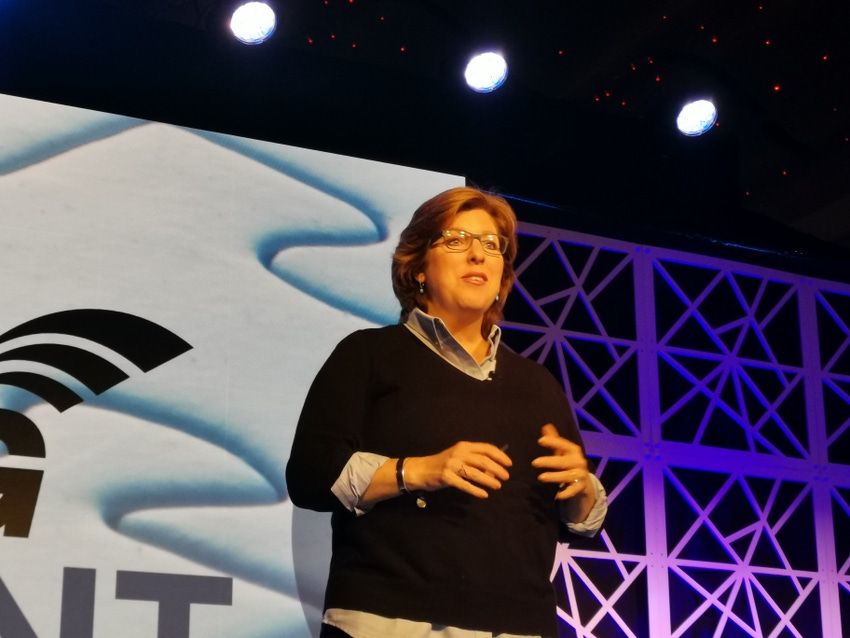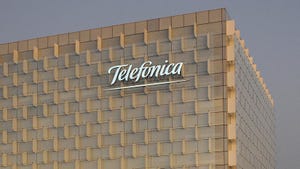5G has been promising a lot, such is the industry’s inability to keep a handle on hype, but the winners and losers of tomorrow’s connected world might well be those who are able to think a bit differently.
May 8, 2019

5G has been promising a lot, such is the industry’s inability to keep a handle on hype, but the winners and losers of tomorrow’s connected world might well be those who are able to think a bit differently.
The focus of the morning keynote sessions at Light Reading’s Big 5G Event has had much more of a commercial focus than perhaps we are used to. The challenges of deploying a 5G network at scale and pace are intimidating, but the business model to ensure this isn’t a colossal waste of money are equally as daunting. This might be the difference between the haves and have nots of tomorrow.
“If we are at this conference next year and all 5G is for consumers is faster internet, we will have missed the boat,” said Nicki Palmer, SVP of Technology and Product Development at Verizon.
This point was echoed by Craig Sparks, Chief Innovation Officer at C Spire and Igor Glubochansky, AVP of Mobility Product Management at AT&T. It’s a simple idea, but one we suspect many will ignore; the traditional and relentless focus on speeds, the bigger, faster meaner mentality, will march telcos down the dreary road of utilitisation.
Here we have three telcos who have seemingly cottoned onto the idea. 5G is about more than speed, but we suspect there will be numerous others who do not attempt to disrupt themselves and create new value for the ecosystem.
In her keynote presentation, Palmer presented a mentality which should be the foundation of any telco making the move into the 5G world. 5G should be built on fulfilling the gaps where 4G falls short. This might be on speed in some cases, though data throughput should not be ignored, and neither should the promise of low latency or increased reliability.
“In 2010, no one predicted how the capabilities [of 4G networks] would enable whole new business models, the same thing is going to happen again [with 5G networks],” said Palmer.
Although premium add-ons for data tariffs are one way to make money, enterprise services and products open the door to entirely new revenues, and potentially a new path forward, avoiding the dreaded tag of commoditisation. Whether its healthcare, retail, manufacturing or broadcasting, industry specific applications could mean significant ROI for the telcos. However, it is critical the ‘bigger, meaner, faster’ business model which is so heavily reliant on faster internet is forgotten.
In five years’ time, the connectivity ecosystem is likely to be very different. We can imagine a split in the industry however. On one side, you have the telcos who double down on speed angle, using 5G to entice consumers onto steroid-induced tariffs. This might look attractive in the short-term, but these telcos will be led towards utilitisation.
The telcos who are taking the trickier path, exploring the unknown realms of 5G, will add value and become much more attractive companies. Hopefully there won’t be too many who fall into the short-termist trap but we suspect there will be quite a few.
About the Author(s)
You May Also Like







.png?width=300&auto=webp&quality=80&disable=upscale)

.png?width=300&auto=webp&quality=80&disable=upscale)
_1.jpg?width=300&auto=webp&quality=80&disable=upscale)



.png?width=800&auto=webp&quality=80&disable=upscale)